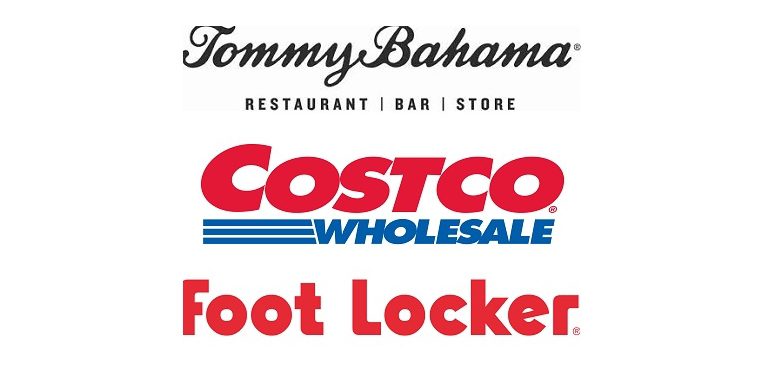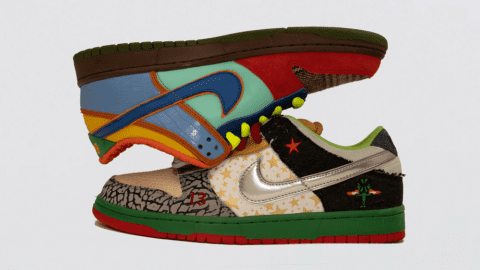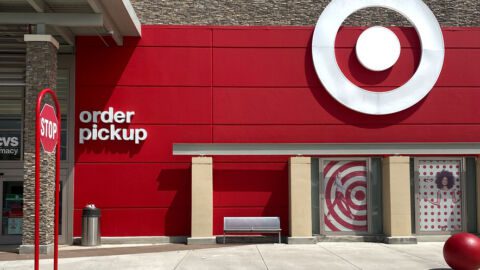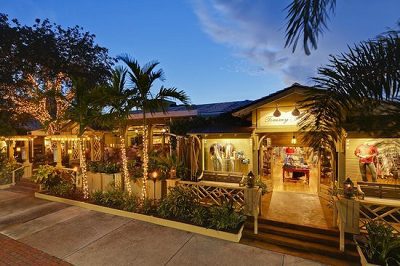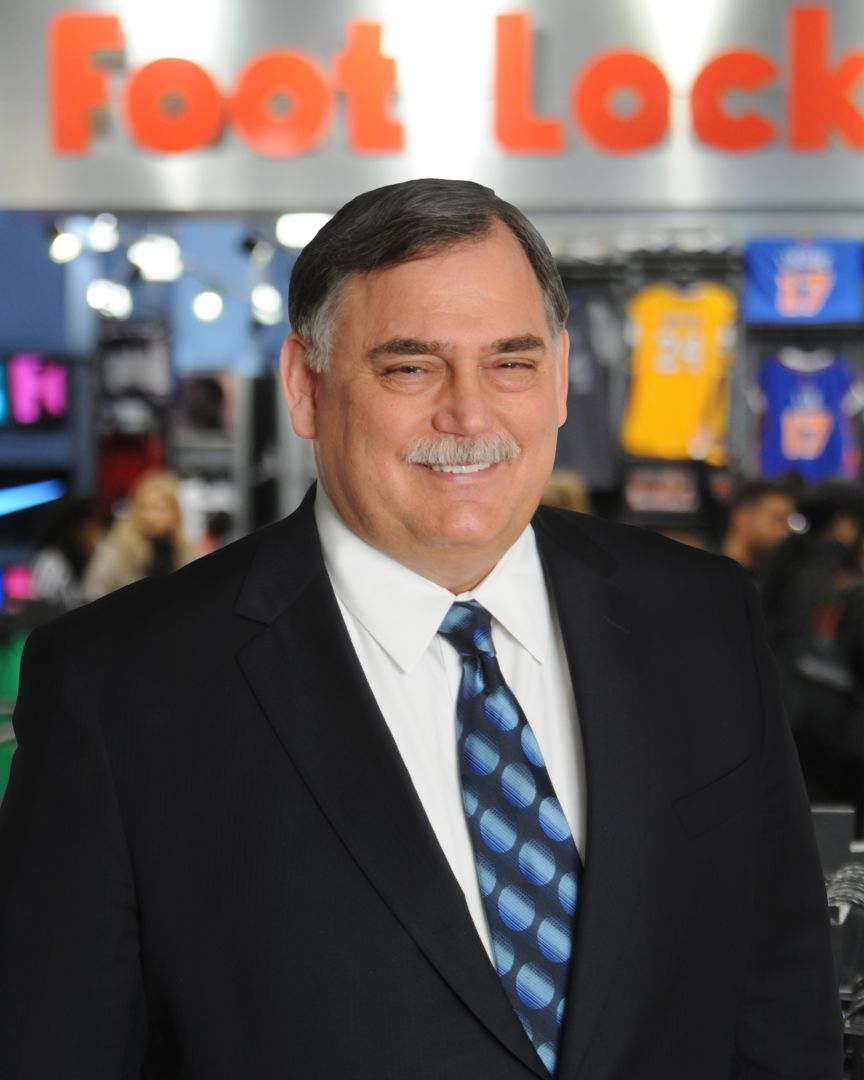At the SAP Retail Executive Forum held earlier this month in New York City, chief executives from a diverse group of retailers shared some of the “secret ingredients” that have contributed to their organizations’ long-term success — even as the retail industry has undergone near-constant change. The leaders of Tommy Bahama, Costco and Foot Locker offered insights that included:
• “Customers are looking for you to do what you did last time, but to do it better. Stay focused on delighting your guest.” — Doug Wood, CEO, Tommy Bahama
• “The culture of the company is what it’s all about. Culture is not the most important thing, it’s the only thing, because it drives all the decisions you make.” — Jim Sinegal, Co-Founder and Director, Costco Wholesale
• “Consumers don’t think in terms of channels, they think in terms of the Foot Locker brand.” — Dick Johnson, President/CEO, Foot Locker
Tommy Bahama: New Formats, Same Brand
A key turning point for Tommy Bahama came with its launch of e-Commerce 10 years ago, according to CEO Doug Wood. “We were a 75% wholesale/25% direct-to-consumer business at that time,” he noted. “With the e-Commerce launch, we saw our wholesale business cut in half and the e-Com business explode. We realized we had a guest who wanted to talk to us directly, and it changed our entire journey. Our question became, how do we open up stores and connect with that online business?”
While he stressed that product has to come first in any iteration of the Tommy Bahama brand, the company continuously has explored new ways to interact directly with customers. Wood offered insights on these strategies:
• The Tommy Bahama Cabana Experience, launched in February 2017: “Women feel the most vulnerable when they’re buying swimwear, so we set up screens in the cabana room that would allow customers to search all the prints and patterns they were interested in, and then have them all brought into the dressing room.”
• Tommy Bahama branded Airstream trailers, which were initially used primarily as marketing vehicles but have now become available for consumer purchase. “We’ve sold more than 200 trailers at price points of $100,000 to $150,000. People apparently want to live in our brand.”
• The Tommy Bahama restaurants: “With the online experience, you get perhaps five minutes of a customer’s time, and maybe 10 to 12 minutes in a store. With a restaurant it’s a 90-minute opportunity to deliver a great branded experience, and one that separates us from everyone else in the industry.”
He stressed that the restaurants are not just an adjunct to the retail business. “We’re in the restaurant business; it’s an $80 million business that we’ve been in for 20 years,” said Wood. “It has to keep evolving for us to stay at the top of the game.”
As important as its restaurants are to its brand image and customer relationships, Wood acknowledged that they were “dangerous.”
“If a button falls out of a shirt, you’ll get a second chance,” Wood noted. “If you get food poisoning, it’s game over. You must be really good at it, but when you hit it and hit it right, it’s a beautiful thing.”
Costco Wholesale: The Triumph Of Culture
Many retailers pride themselves on a positive corporate culture, but Costco really walks the walk. The retailer is known for paying its employees above the industry average and treating them well, resulting in employee longevity, from the executive suite to the store floor.
“We value the people working for us; we’d much rather turn our inventory than our people,” said Jim Sinegal, Co-Founder and Director of Costco Wholesale. “I’m proud that people want to stay with us. Wall Street has a tendency to glorify the CEO and assume that all brilliance comes from one person, but it’s really not the case. It’s a team effort and it’s all about people.”
There’s a significant focus on continuous education and training as well. Costco’s managers quickly learn that “teaching is 90% of your job,” said Sinegal. “At first you hire someone because you can’t do everything yourself. But if you’re not prepared to teach that person, you just don’t get it. The benefit is that if you hire and teach someone well, those people will wind up doing the job better than you would have yourself.”
Foot Locker: Digital Stories Drive Store Success
Foot Locker’s history was as a brick-and-mortar retailer, but “today every consumer has some connection with us digitally — even though 87% of them prefer to shop in one of our 3,400 stores,” said Dick Johnson, President/CEO. “Digital devices have changed the way consumers access the brand and get information about it.”
To link all aspects of the shopping experience — physical and digital — Foot Locker stores have “morphed from transactional to experiential,” said Johnson. “That includes the use of athletes in our stores, and our Times Square atrium for events and product launches. Obviously not every store is at the same level as Times Square, so we try to connect the stories we tell digitally with the physical world of the store. We want these digital stories to drive people to the stores, and vice versa.”
The retailer has the luxury of operating profitably in both digital and brick-and-mortar channels: “We don’t have to care which side they do the transaction on,” said Johnson. “We just want to make sure we invest appropriately as they cross the channels. Consumers don’t think in terms of channels, they think in terms of the Foot Locker brand.”



